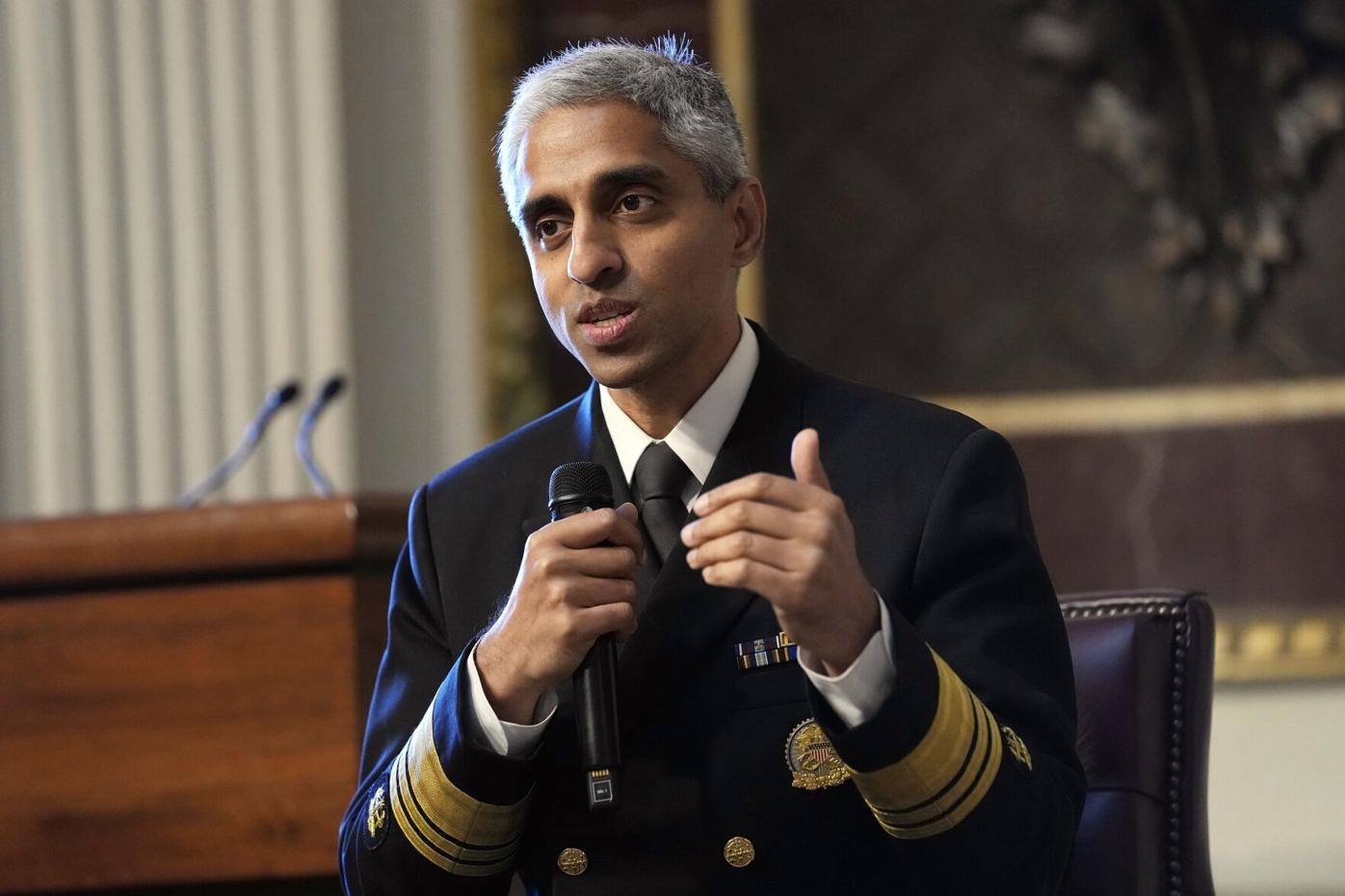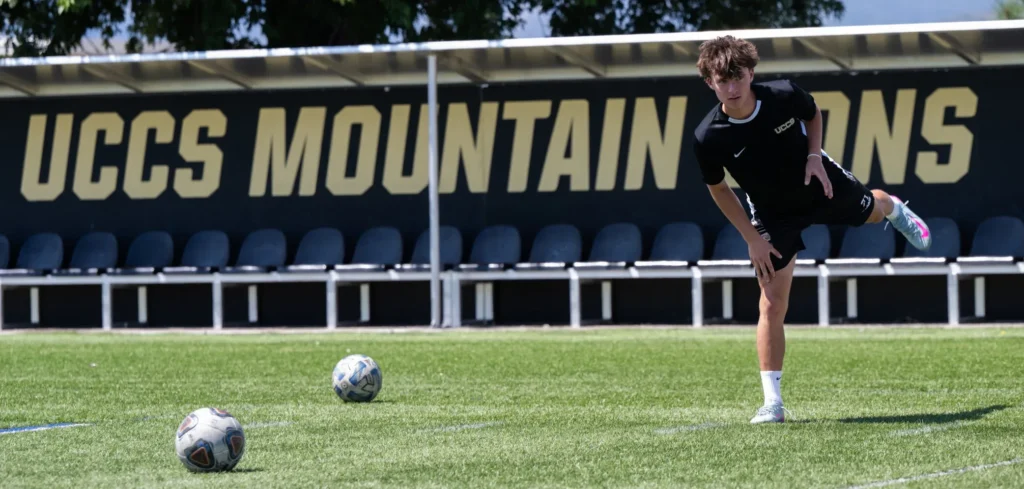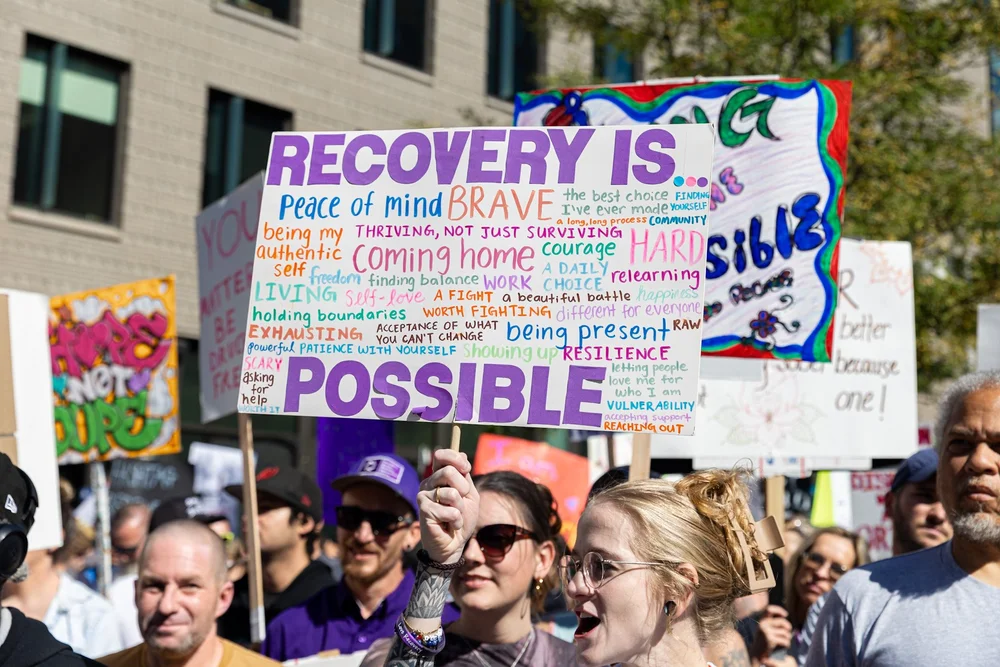Colorado leads the way in making social media safer for kids. But is it enough? | Vince Bzdek
Last Monday, U.S. Surgeon General Vivek Murthy urged Congress to require warning labels on social media platforms just like cigarettes have, arguing that parents and adolescents need to be informed of the negative mental health impacts of sites like Instagram, TikTok and X.
But Colorado is already a step ahead of Murthy and Congress. On June 6, Gov. Jared Polis signed a law requiring social media sites in the state to display just such pop-up notifications to users under 18.
Colorado’s groundbreaking legislation, which takes effect in 2026, requires sites to send mental health warnings to kids and teens who are on a social media platform for more than one hour each day, or who are on it between 10 p.m. and 6 a.m. If kids continue to stay on a platform, a new warning will be sent every 30 minutes thereafter.
The bill also requires digital literacy programming and the creation of an educational resource bank available to all Coloradans to help them make informed decisions when navigating the potential harms of social media.
This is the first legislation of its kind nationwide, according to House Minority Leader Rose Pugliese, R-Colorado Springs, a sponsor of the bill.
“This is the first bill that actually looks at (the social media issue) from a mental health and education-for-parents perspective as opposed to just limiting access altogether,” she told our reporter, Marissa Ventrelli. “This is giving parents the resources that they need so they can help their children as they’re navigating social media.”
But is it enough?
In a signing statement, Polis was lukewarm about the law, saying he appreciated the focus on youth mental health but expressed concerns that “heavy-handed” approaches like the mandatory popup displays could discourage innovation and prevent new businesses from locating in Colorado.
Because of Polis’ efforts, the law is narrower than many legislators wanted it to be, focusing on education around safe internet use rather than requiring parental permission for minors online. Other states such as Florida and Tennessee have enacted tougher safeguards.
State Sen. Chris Hansen and state Sen. Dafna Michaelson Jenet accused the governor of working behind the scenes to keep a tougher bill from making it to his desk, despite the measure’s overwhelming support from both Republican and Democratic lawmakers. That bill would have required social media companies to verify a user’s age, cooperate with law enforcement, and give parents more control over what their kids see online
Polis is out of step with surgeon general on this subject. While Polis has grown more cautious about putting limits on social media companies, Murthy has ramped up his rhetoric over time on the dangers of social media. The surgeon general sees the current moment as an emergency flashpoint, comparing it to other major public health battles over cigarettes and the use of seat belts.
“One of the most important lessons I learned in medical school was that in an emergency, you don’t have the luxury to wait for perfect information,” he wrote in an essay published in The New York Times on Monday. “You assess the available facts, you use your best judgment, and you act quickly.”
In the essay, Murthy pointed to research showing that teens who spent more than three hours a day on social media faced a significantly higher risk of mental health problems. He wrote specifically about a conversation with a Colorado woman, Lori Schott, who blames troubling social media posts for contributing to her daughter Annalee’s death.
“I think about Lori, a woman from Colorado who fought back tears as she told me about her teenage daughter, who took her life after being bullied on social media,” Murthy wrote. “Lori had been diligent, monitoring her daughter’s accounts and phone daily, but harm still found her child.”
But the science isn’t completely settled on whether there is simply a correlation between the rise of social media and the increase in mental health problems among young people, or social media is causing those problems.
In a new book all my parent friends are talking about, “The Anxious Generation,” social psychologist Jonathan Haidt makes a strong case for cause and effect. He points out that the sharp increase in suicidal behavior, anxiety, depression and reports of self-harm among young people directly tracks the rise of smartphones beginning in the early 2010s.
Other experts point instead to factors like economic hardship, social isolation, racism, school shootings and the opioid crisis.
But I’m not sure us parents need definitive cause and effect about mental health to do something about the scourge of social media. We all know it creates problems for our kids. There is no denying that our kids have migrated from a “play-based childhood” to “phone-based childhood” now, as Haidt puts it.
So even as we wait for more evidence to come in, we need to act now on what we know already about the harms caused by social media, and Colorado’s bill is a good first step. But Haidt has some recommendations that we all should consider urgently as second and third steps, which the legislature can’t really help us with. We parents need to act, and our schools need to act.
These are Haidt’s four key recommendations:
1. No smartphones before high school.
2. No social media before 16.
3. Phone-free schools. California Gov. Gavin Newsom just last week called for a statewide ban on cellphones during school. I’ve seen many articles recently on schools that lock up cellphones during the school day and, without a doubt, kids at these schools are happier, healthier and paying more attention to their lessons and their peers. Colorado ought to lead the way on this step, as well.
4. And lastly, “far more unsupervised play and childhood independence.” Haidt makes the point in “Anxious Generation” that the lack of protections for kids in the virtual world comes at the same time helicopter parents have overprotected their kids in the real world. Spending so much time online, kids have “lost exposure to the kinds of challenging physical and social experiences that all young mammals need to develop basic competencies, overcome innate childhood fears and prepare to rely less on their parents,” he writes.
“The small-scale challenges and setbacks that happen during play are like inoculation that prepares children to face much larger challenges ahead.” Social media coupled with overprotective parenting is sapping their resilience, in other words.
If a whole lot of us took these four simple steps, we might begin to finally fashion a smart, effective response to the most significant rewiring of childhood in history.
“Mothers like Lori do not want to be told that change takes time, that the issue is too complicated, or that the status quo is too hard to alter,” wrote Murthy. “Now is the time to summon the will to act. Our children’s well-being is at stake.”
Vince Bzdek, executive editor of The Gazette, Denver Gazette and Colorado Politics, writes a weekly news column that appears on Sunday.












